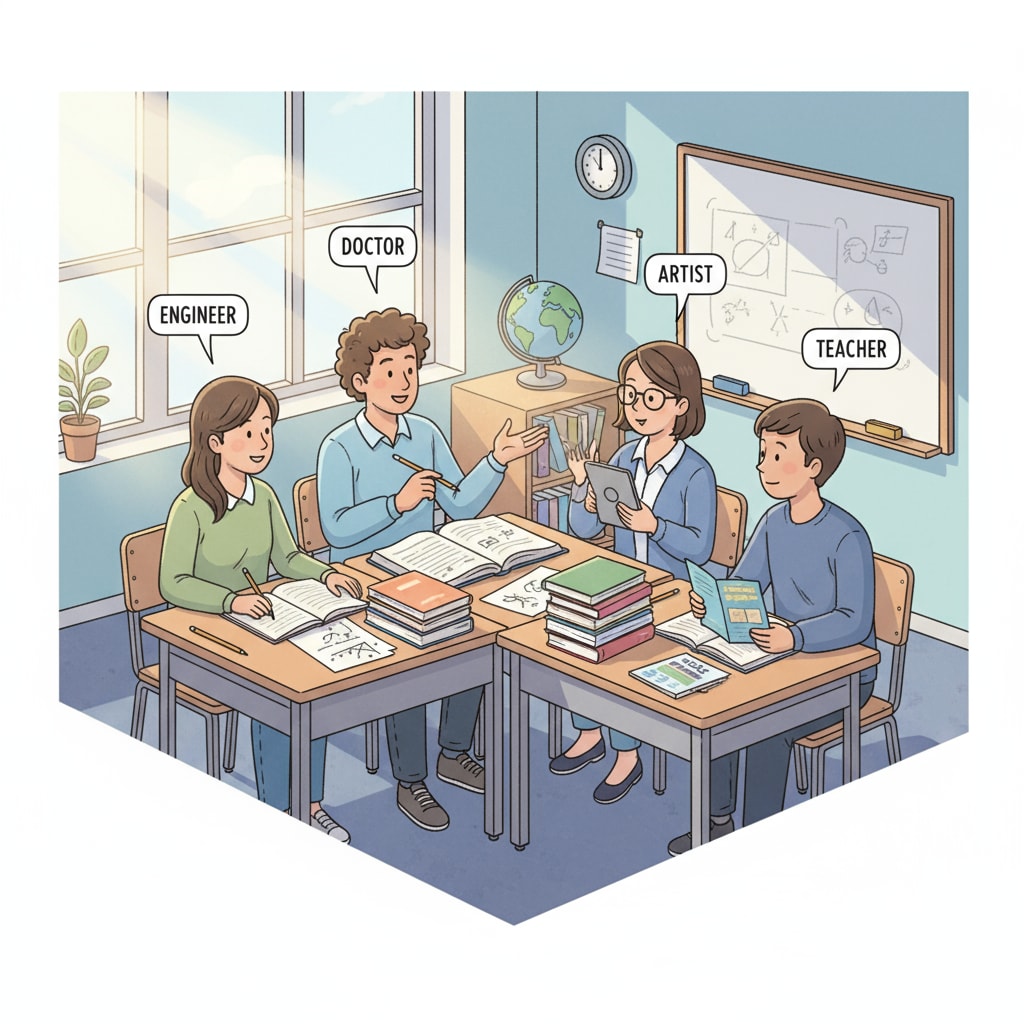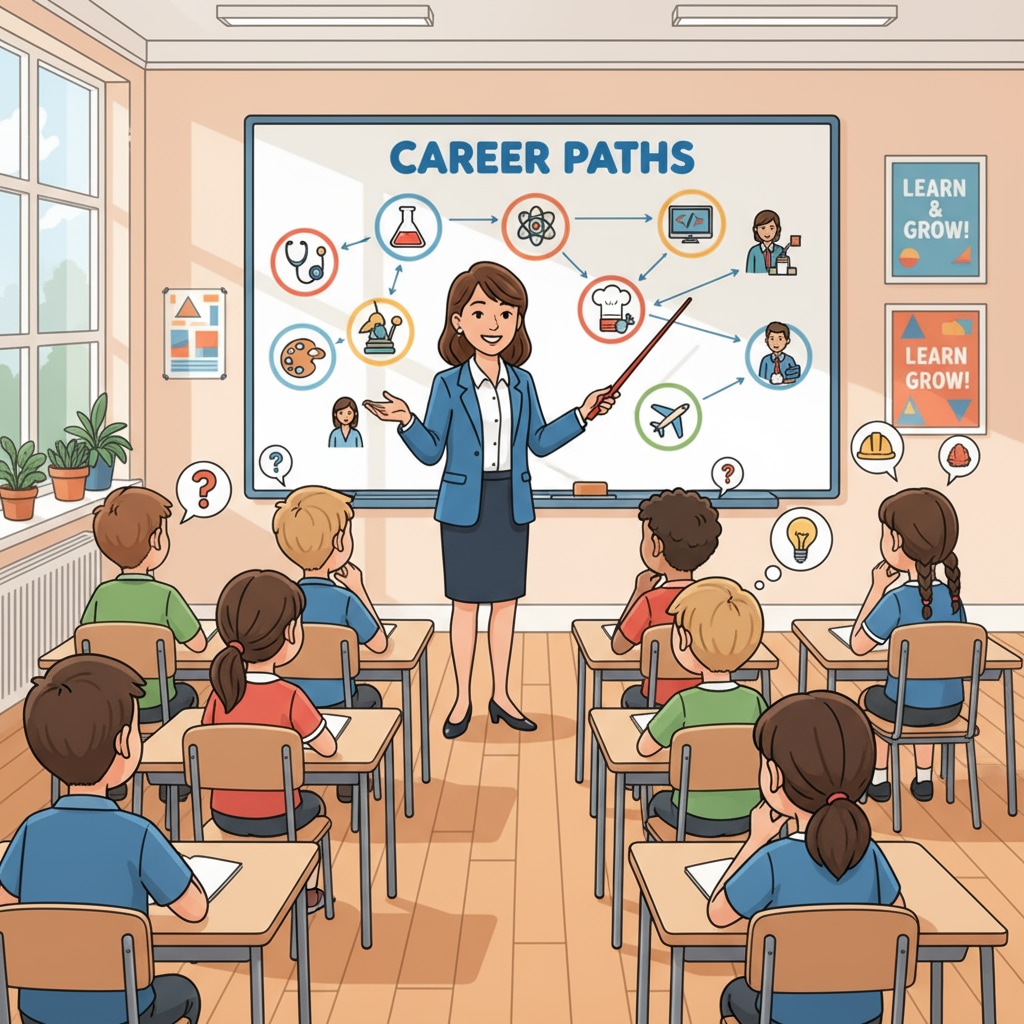Degree transitions, professional interests, and career planning are crucial aspects for students, especially when they are on the verge of graduation. As the educational landscape evolves, more students are considering changing their majors, which poses both opportunities and challenges. In this article, we will explore how the K12 education system can play a significant role in preparing students for such transitions.

The Need for Adaptability in Career Choices
In today’s dynamic job market, the ability to adapt to different career paths is highly valuable. Students may realize late in their academic journey that their initial major does not align with their true professional interests. For example, a student who started with a major in engineering might discover a passion for graphic design. This shift in interests requires a certain level of adaptability. According to Britannica, education should not only focus on academic knowledge but also on equipping students with the skills to navigate career changes.
Shortcomings of the Current K12 Education System
However, the current K12 education system has some limitations in preparing students for major shifts. It often emphasizes rote learning and standardized testing, leaving little room for students to explore their diverse interests. As a result, many students enter college without a clear understanding of their career goals. Moreover, the lack of cross-disciplinary learning opportunities restricts students’ ability to make informed decisions about changing majors. Wikipedia highlights that a more holistic approach to education is needed to address these issues.

Cultivating Cross-Disciplinary Thinking
One way to enhance students’ adaptability for degree transitions is to cultivate cross-disciplinary thinking in K12 education. By integrating different subjects, students can develop a broader perspective. For instance, combining art and science in projects can expose students to various fields. This cross-pollination of ideas helps students identify potential areas of interest that they might not have considered otherwise.
Fostering Self-Cognition
In addition, K12 education should focus on fostering self-cognition. Students need to understand their strengths, weaknesses, interests, and values. Through activities like career counseling and self-assessment workshops, students can gain insights into themselves. This self-awareness is crucial for making informed decisions about changing majors and planning their careers.
In conclusion, degree transitions, professional interests, and career planning are intertwined concepts. The K12 education system has a vital role to play in preparing students for the possibility of changing majors as they approach graduation. By addressing the current shortcomings and implementing strategies like cultivating cross-disciplinary thinking and fostering self-cognition, students can be better equipped to adapt to new career paths.
Readability guidance: The article uses short paragraphs and lists to summarize key points. Each H2 section provides a clear focus. The proportion of passive voice and long sentences is controlled, and transition words are evenly distributed throughout the text to enhance readability.


